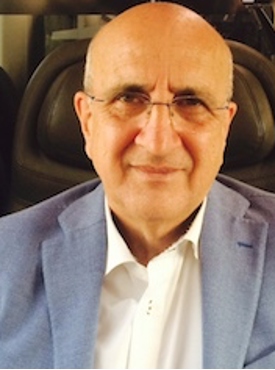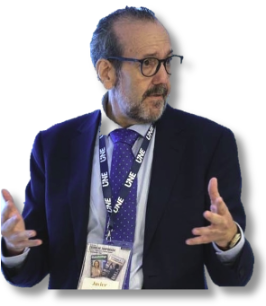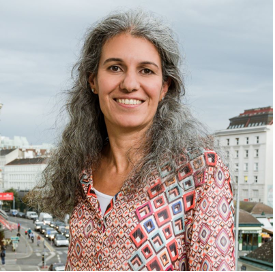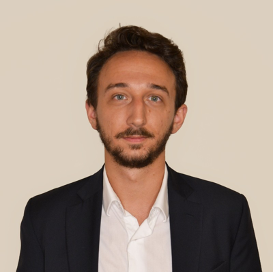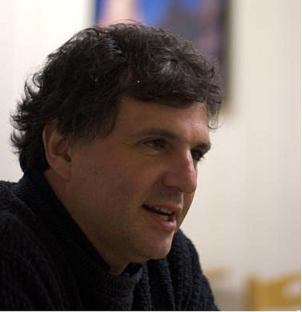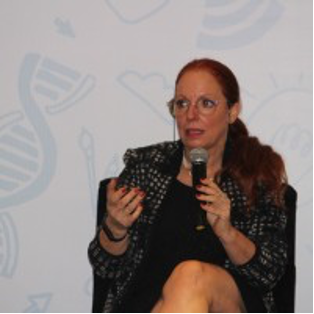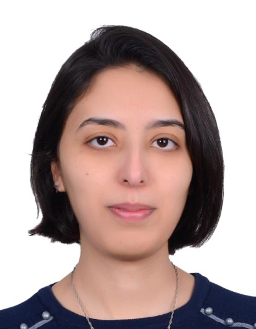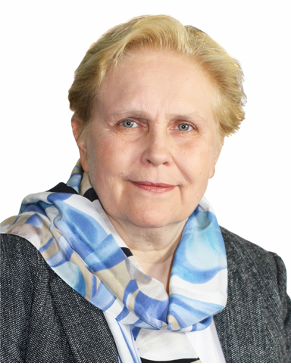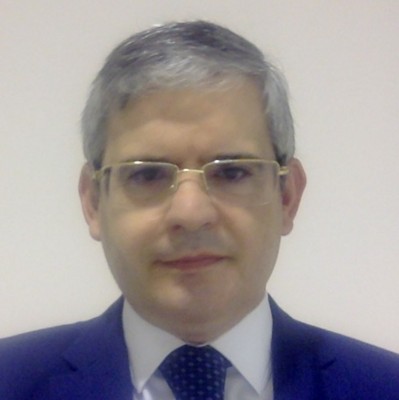Description of Activities
With this fellowship, I am addressing the standardisation of AI systems, with particular focus on the standardisation request of the EU Commission in relation to the AI Act.
Impact on SMEs (3rd Open Call)
The AI Trustworthiness Framework will serve as an entry point for industries and SMEs in order to facilitate this process, fostering conformity and facilitating industry competitiveness.
Impact on SMEs (4th Open Call)
The AI Trustworthiness Framework will serve as an entry point for industries and SMEs in order to facilitate this process, fostering conformity and facilitating industry competitiveness.
Impact on SMEs (5th Open Call)
Industries and SMEs in the EU are facilitated in adopting standards. One of the main barriers for standard adoption is the complexity of the standardisation processes. In order to claim conformity, multiple requirements coming from multiple standards should be met. The AI Trustworthiness Framework will serve as an entry point for industries and SMEs in order to facilitate this process, fostering conformity and facilitating industry competitiveness.
Impact on SMEs (6th Open Call)
The framework simplifies compliance by serving as a single reference point for multiple obligations under the AI Act. This helps SMEs adopt standards more easily, reducing barriers and supporting competitiveness through clearer, harmonized guidance.
Impact on society (3rd Open Call)
The AI Trustworthiness Framework will reinforce social trust in AI systems, by providing companies, consumers and ultimately citizens with a clear understanding of the fundamental requirements for trustworthy AI.
Impact on society (4th Open Call)
The AI Trustworthiness Framework will reinforce social trust in AI systems, by providing companies, consumers and ultimately citizens with a clear understanding of the fundamental requirements for trustworthy AI.
Impact on society (5th Open Call)
Trustworthiness fosters social acceptance. One of the outstanding barriers in the deployment of innovative technologies is social acceptance. This barrier damages both the economic benefits and the social benefits of designing innovative AI systems. The AI Trustworthiness Framework will reinforce social trust in AI systems, by providing companies, consumers and ultimately citizens with a clear understanding of the fundamental requirements for trustworthy AI.
Impact on society (6th Open Call)
By clarifying what makes AI trustworthy and aligning it with EU values, the project increases public trust and supports responsible innovation. It also helps make ethics a professional role, reinforcing societal oversight over AI technologies.
Organization
Researcher in AI Ethics, Co-Founder of DEXAI – Artificial Ethics, Italian Interuniversity Consortium for Computer Science
Proposal Title (3rd Open Call)
Building trustworthiness for artificial intelligence
Proposal Title (4th Open Call)
Building trustworthiness for artificial intelligence
Proposal Title (5th Open Call)
The AI Trustworthiness Framework - delivering a harmonized standard for the EU AI Act
Proposal Title (6th Open Call)
development of the AI Trustworthiness Framework within CEN-CENELEC JTC21 WG4 and supports ISO/IEC work on human oversight.
Standards Development Organisation
